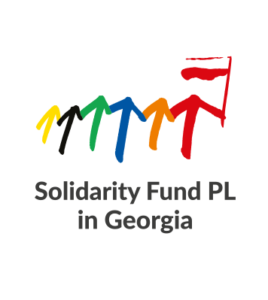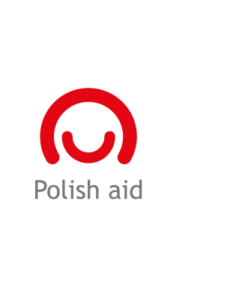The Other forms of Participation under the Law of Georgia, on local self-government
An active citizen can be involved in the decision-making process in a variety of ways. Thought the final decision is made by the authorities, citizens provide the state or local institutions with opinions, alternatives and directions through dialogue, i.e. they influence on the final decision.
The Local Self-Government Code (Article 85) offers citizens various forms of public involvement. these are:
a) A general Assembly of a settlement– Represents a discussion by the local population on the important social and economic issues and preparation of the relevant proposals for submission to the municipal authorities;
b.) Petition-is a draft of normative administrative-legal act. It can be submitted by the population registered on the territory of the municipality. C). The Civil Advisory Council – is a deliberative body of the Mayor of a municipality/Gamgebeli of a district, composed by the representatives of entrepreneurial legal entities, NGOs and municipality population. The Civil Advisory Council receives a municipal budget draft, as well as other drafts of the significant administrative-legal acts, and infrastructural and social projects to review. d). Participation in the municipality Sakrebulo sessions and in the sessions of its commission – Participation in these sessions is free for anyone interested. Attendees receive information directly from the first person;



